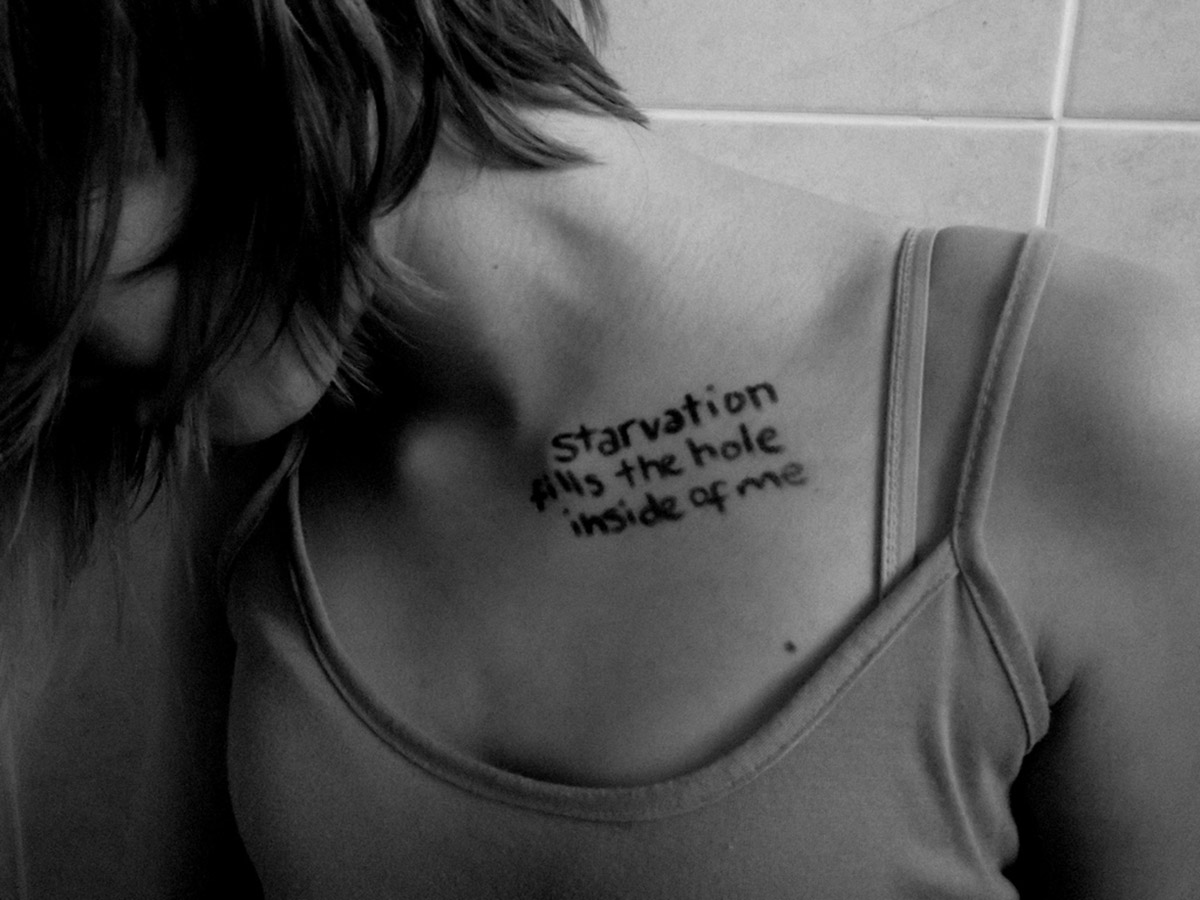Table of Contents
OSFED, as a diagnostic category, represents the fact that eating disorders are complex, rather than black and white. With such a wide range of possibilities, what would the warning signs be? What are the red flags of OSFED that you may be looking for in yourself or a loved one? They would be extremely general.

- An extreme preoccupation with weight or size.
- An extreme preoccupation with food.
- Constant weight fluctuations brought on by varied eating habits: eating very little, exercising excessively, or using supplements, diuretics or laxatives to lose weight on the one hand, and general binge-eating or late-night binge eating on the other hand.
- Strict rules around what a person can and cannot eat, and when.
- Compensatory behaviors such as purging and using laxatives.
- Going from one diet to another.
- A negative body image.
What is OSFED not? It's not realizing you're a few pounds overweight and taking steps to slim down. It's not deciding to follow a more healthy eating pattern by cutting out snacks and junk foods. It's not losing weight to fit into your wedding dress or for that bikini body in summer. It may, however, be excessive snacking night after night, followed by occasional purging because you feel guilty. It may be deciding one diet program hasn't worked, and moving on to another, and another, and another... despite not being overweight. It may be periods of binge eating followed by fasting or restrictive eating. It may be exercising lots so you can binge eat without putting on weight. It may be using laxatives to maintain your weight. It may be obsessive calorie counting but still not being at the "starvation weight" typically associated with anorexia sufferers.
Diagnosing OSFED
Because OSFED is a rather mixed bag, it is not surprising that diagnosing this disorder is rather difficult to diagnose. Not meeting the diagnostic criteria for more well-known eating disorders may make them feel that they do not have an eating disorder at all, and the same goes for the loved ones of people with OSFED. Furthermore, people suffering from any type of eating disorder tend to go to extreme lengths to conceal that fact. What's more, they are often in denial about having an eating disorder, though they are aware that they have a problematic relationship with food.
See Also: Pica: Not Your Usual Eating Disorder
Treatment
Treatment for OSFED is tailored to the individual, as with all eating disorders. Programs in which people receive therapy and dietary advice as outpatients are available, as well as day and evening programs. Some people with OSFED will require hospitalization, while others will strongly benefit from residential programs in which their eating habits, weight, and compensatory behaviors are strictly monitored. Therapy to assess the underlying reasons for the eating disorder and to learn to adopt healthy eating patterns again should always be an integral part of the treatment plan.
- Photo courtesy of Christy McKenna via Flickr: www.flickr.com/photos/42730198@N08/5227053414
- Photo courtesy of Rega Photography via Flickr: www.flickr.com/photos/frametaker/6817314001


Your thoughts on this